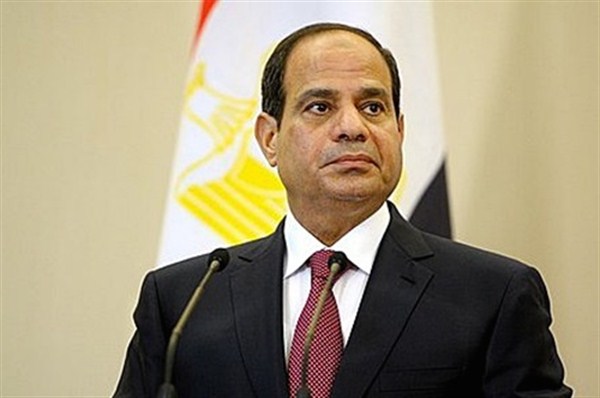In late November, a report by international audit firm Ernst and Young ranked Egypt’s private sector as the most corrupt in the world. In an email interview, Sahar Aziz, an associate professor at Texas A&M University School of Law who teaches Middle East law, national security and civil rights law, discussed corruption in Egypt’s private sector. Professor Aziz is the author of multiple articles on Egypt, including “Revolution without Reform? A Critique of Egypt’s Election Laws,” “Egypt’s Protracted Revolution” and “Bringing Down an Uprising: Egypt’s Stillborn Revolution.”
WPR: What is the extent of private sector corruption in Egypt, and what impact does it have on the economy?
Sahar Aziz: According to Transparency International’s 2013 Global Corruption Barometer, 48 percent of respondents in Egypt reported that business was corrupt or extremely corrupt. The World Economic Forum also found that business executives in Egypt complain of favoritism by government officials toward well-connected companies and individuals. Indeed, enterprise surveys show that firms in Egypt, among other North African nations, list corruption as a top concern. This is due in large part to pervasive corruption at all levels of government. Businesses, therefore, pay bribes to government officials in order to compete for bids or retain business. As corruption becomes a cost of doing business and anti-corruption laws are rarely enforced, bribery and fraud lose their stigma and become a normal practice within the private sector.

